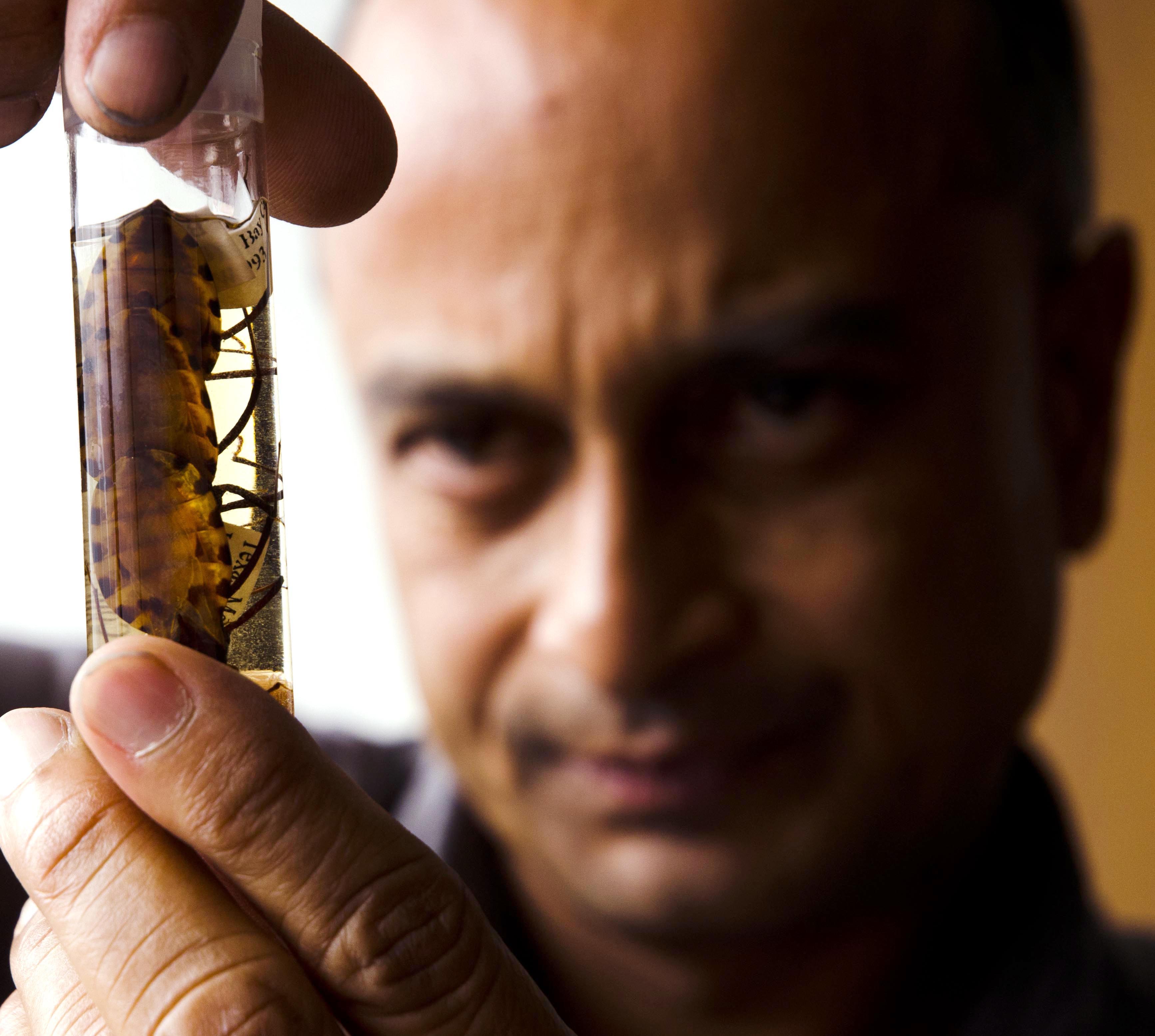Duke's Center for the Study of Public Genomics will gather and analyze information about the role of publication, data sharing, materials-sharing, patenting, database protection, and other practices that affect information flow in genomics research and development. Managing intellectual property and ensuring the preservation of a robust "scientific commons" could prove as difficult as or more so than the science and technology, and could have as large of an impact on what results are produced, who has access to them, and how fairly they are distributed.
The ELSI program of the Human Genome Project has successfully calmed the fears of most constituents regarding the potential for a "eugenic" misuse of modern genetic technology. However, one constituency still has major fears regarding the HGP and eugenics. This is the disability rights (DR) community. DR critiques of the HGP are based on a distinct concept of disability from that of mainstream medicine including most supporters of the HGP.
A big data ecosystem is evolving in our society in which people may have, or feel they have, little control over the flow of their personal health information, and thus their privacy. Further, although there has been significant discussion related to big data and privacy at the highest levels of government, there is little consensus among scholars and stakeholders as to what privacy actually is, not to mention a lack of data from individuals as to personal conceptions of privacy.
The emergence of genomic medicine has not been without unique concerns that continue to challenge clinicians working in this arena. Genomic test results have implications for individuals other than the person tested. Related to this, interpretation of genomic data often requires several related individuals; and even then what can be known about the meaning of an individual's specific variants is, and will continue to be, a function of big data analysis of the genomic data of many thousands (or even millions) of individuals.
The overall goal of this proposed project is to systematically develop culturally appropriate model ethics guidelines for conducting genetics and genomics research (GGR) in Uganda.


